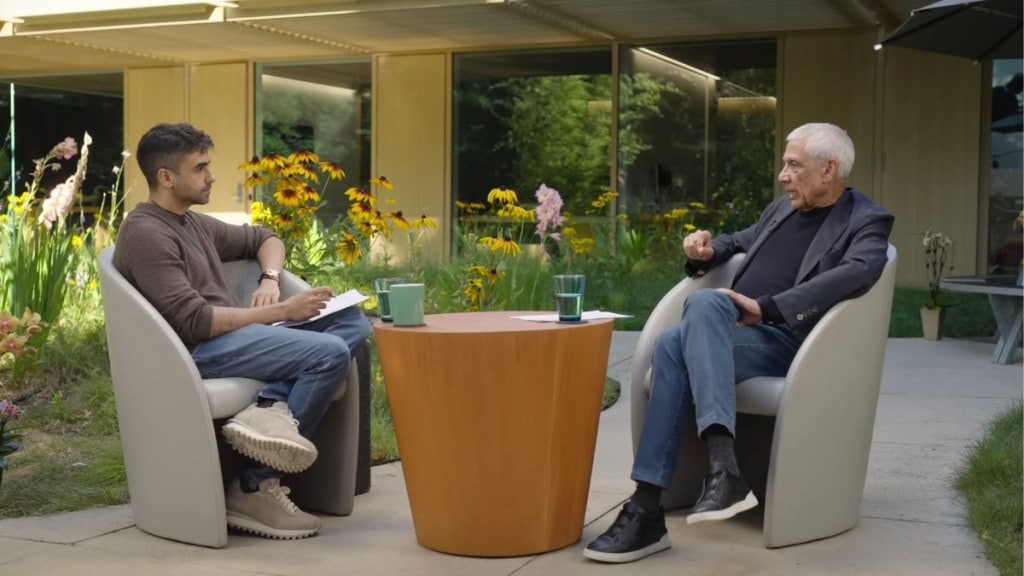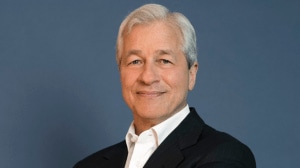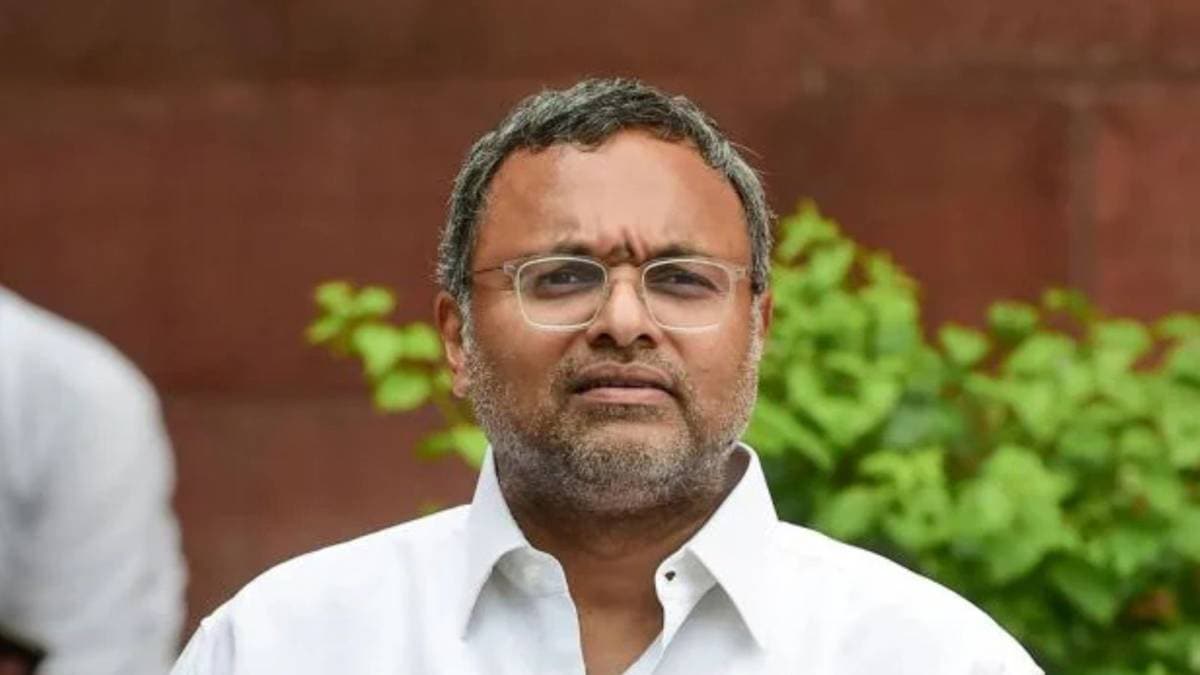American billionaire and prominent tech investor Vinod Khosla believes that traditional college degrees are on their way out, driven by the rise of AI-powered learning platforms that surpass even elite human educators. Speaking on Nikhil Kamath’s podcast, Khosla painted a transformative picture of the future—one where artificial intelligence levels the playing field in education and disrupts conventional careers in fields like law, healthcare, and finance.
A future where AI tutors replace expensive private teachers:
Khosla envisions a future where AI-driven tutors take the place of costly personal educators, delivering round-the-clock, personalized learning that surpasses the limits of conventional classrooms. He suggests this shift would empower learners to explore multiple fields with ease, eliminating the need for long-term commitments typically required by traditional college programs.
“If every child in India has a free AI tutor—something entirely possible today—it would be better than the best education a rich person can buy. You don’t have to go back to college for three or five years to switch from electrical engineering to mechanical engineering—or from medicine to something else,” said Khosla.
Khosla also forecasted that AI will soon surpass human financial advisors, offering better guidance across all income levels.
AI transforming the education landscape:
Artificial intelligence is transforming the education landscape by delivering customized learning, streamlining administrative duties, and generating actionable insights from data. With AI-driven platforms, lessons can be personalized to suit each learner’s pace and style, while smart tutors and chatbots offer round-the-clock assistance and guidance.
AI has the ability to assess student data to uncover unique strengths, areas of difficulty, and preferred learning methods, enabling the creation of personalized educational journeys and content distribution.
Intelligent tutoring systems deliver instant feedback and guidance, pinpointing problem areas and offering focused help to encourage independent, self-directed progress.
By monitoring student performance, AI can dynamically modify the complexity and speed of lessons, ensuring learners are consistently challenged at the right level and receive timely support when needed.







